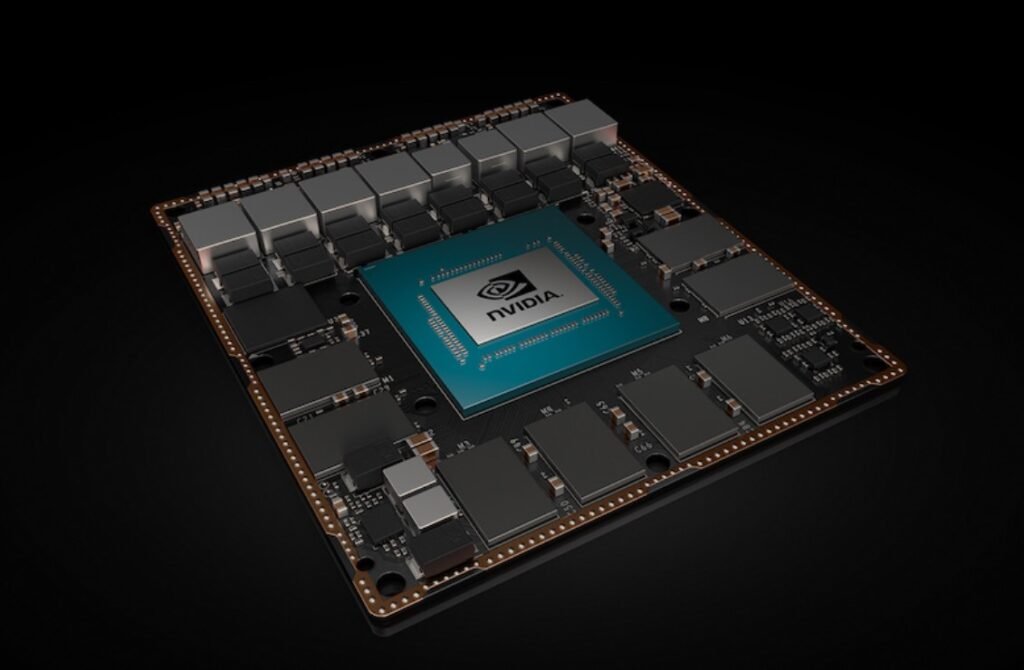Intel has recently announced its upcoming AI chip, codenamed Falcon Shores, which is expected to launch in 2025. The chip is designed for generative AI software, such as ChatGPT, that creates new content based on existing data. Falcon Shores will compete with Nvidia and AMD, the current leaders in the AI chip market.
Falcon Shores will have 288 gigabytes of memory and support 8-bit floating point computation, which are important features for handling large and complex AI models. The chip will also have a modular architecture, allowing users to combine multiple chips to scale up performance and memory. Intel claims that Falcon Shores will offer better performance per watt than Nvidia’s H100, the latest AI chip from the rival company.

Intel’s new AI chip is part of its strategy shift to catch up with Nvidia and AMD, which have dominated the AI chip market for years. Nvidia has more than 70% of the market share, thanks to its early recognition of the AI trend and its comprehensive offerings of chips, software, and specialized computers. AMD has also gained momentum with its MI300 chip, which has 192GB of memory and can reduce the number of GPUs needed for AI tasks.
Intel, on the other hand, has faced several challenges in its AI endeavors. Its previous AI chip, Ponte Vecchio, suffered years of delays due to a complex design and numerous glitches. Intel also abandoned its plan to integrate GPUs with CPUs, realizing that it could not offer the best combination of both at the same time. Instead, Intel decided to focus on discrete offerings, giving users more flexibility and choice.
Intel hopes that Falcon Shores will help it regain its footing in the AI chip market and challenge the dominance of Nvidia and AMD. The chip is expected to power some of the most advanced AI applications in the future, such as natural language processing, computer vision, and deep learning. However, Intel will have to face the competition from Nvidia and AMD, which are likely to introduce new and improved AI chips by 2025.
